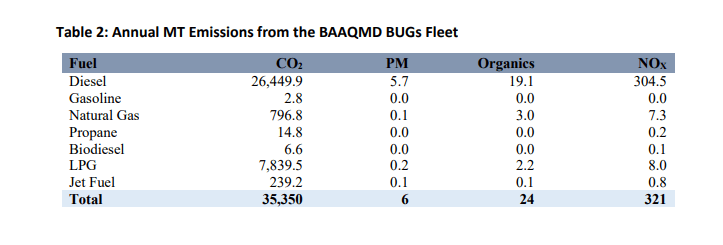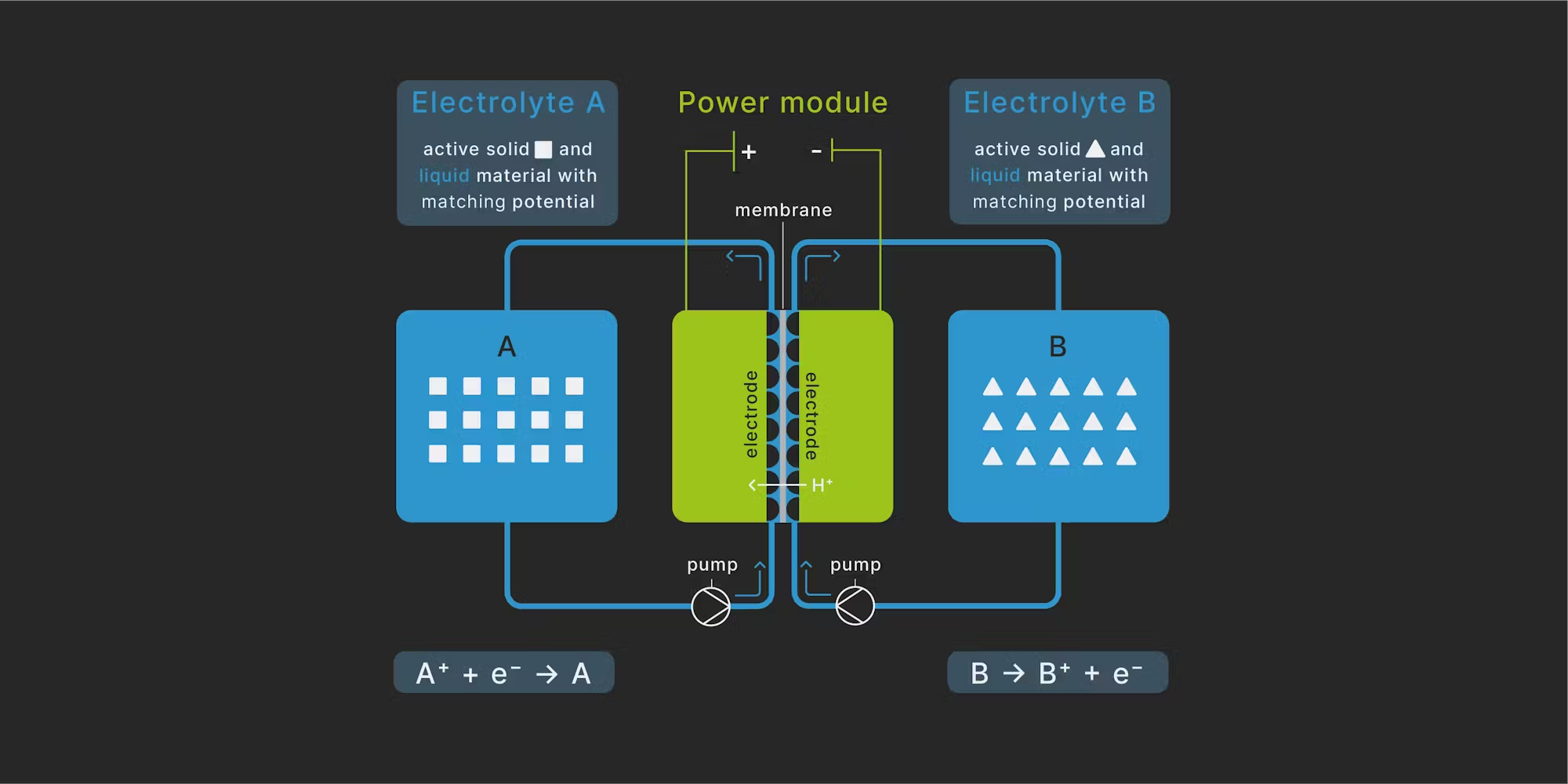While lithium-ion batteries have been popular for residential and commercial energy storage, a more sustainable, cost-effective, and environmentally friendly alternative recently introduced by CMBlu Energy is poised to revolutionize the energy storage market.
Known as the Organic SolidFlow battery, this innovative technology utilizes organic electrolytes to address the global energy challenge for a zero-emission future. Unlike lithium-ion-based energy storage systems that depend on rare minerals and face supply chain challenges and volatility, this groundbreaking solution is based on fully recyclable organic materials readily available worldwide.
Additionally, the battery employs non-flammable aqueous electrolyte solutions for safer and more reliable operations, offering scalable power and capacity tailored to individual customer needs.
As the first fully commercialized technology of its kind, this battery ensures more reliable and clean electricity while eliminating common self-discharge issues found in lithium-ion-based systems.
Its exceptional performance is attributed to the system’s inherent separation of the energy converter and electrolyte, enabling easy restoration of original performance by replacing battery components rather than the entire unit.
According to CMBlu, this revolutionary power storage system is ideal for various applications including industrial sites, electric vehicle (EV) charging stations, transmission and distribution, microgrids, renewable power generation, and maritime assets. Furthermore, these batteries can serve as backup power for green data centers, eliminating the reliance on diesel generators and supporting greenhouse gas reduction targets.
A 2021 research conducted by the economic and public policy consulting group M.Cubed in two California districts revealed a rapid increase in diesel-fueled backup generators (BUGs), resulting not only in massive CO2 emissions but also health hazards, leading to $136 million in health costs.

“Reported use data suggest that altogether the BUGs emit at least 35,350 metric tons of carbon dioxide (CO2) a year. The generators also produce criteria air pollutant emissions which adversely affect respiratory health: more than six MT of fine PM, 24 MT of volatile organic compounds, and in excess of 321 MT of haze-inducing NOx,” the researchers noted.
Based on its powerful output, scalability, cost-effectiveness, and safe electrolyte, CMBLU’s organic SolidFlow power storage system outperforms lithium-ion-based commercial systems developed by other companies such as Huawei, Tesla, Siemens Gamesa, LG Chem, Fluence, and others. Consequently, companies are increasingly opting for it to enhance their share of renewable energy in their operations and meet insetting goals.
On March 22, 2024, Mercedes-Benz Group AG announced through a press release that it had ordered an 11MWh CMBlu Energy SolidFlow battery for use in its Rastatt plant in Germany, with the carmaker’s first Organic SolidFlow project set to be realized in the second half of 2025. This revolutionary battery technology will aid the company in expanding its use of renewable energy in its operations in an effort to cut CO2 emissions at its manufacturing plants by 2030.
With industries worldwide striving for net zero emissions and the Carbon Border Adjustment Mechanism (CBAM) pushing industries inset promptly, these batteries offer more efficient, cost-effective, and highly scalable options for corporations seeking to embrace a clean, renewable energy future.




